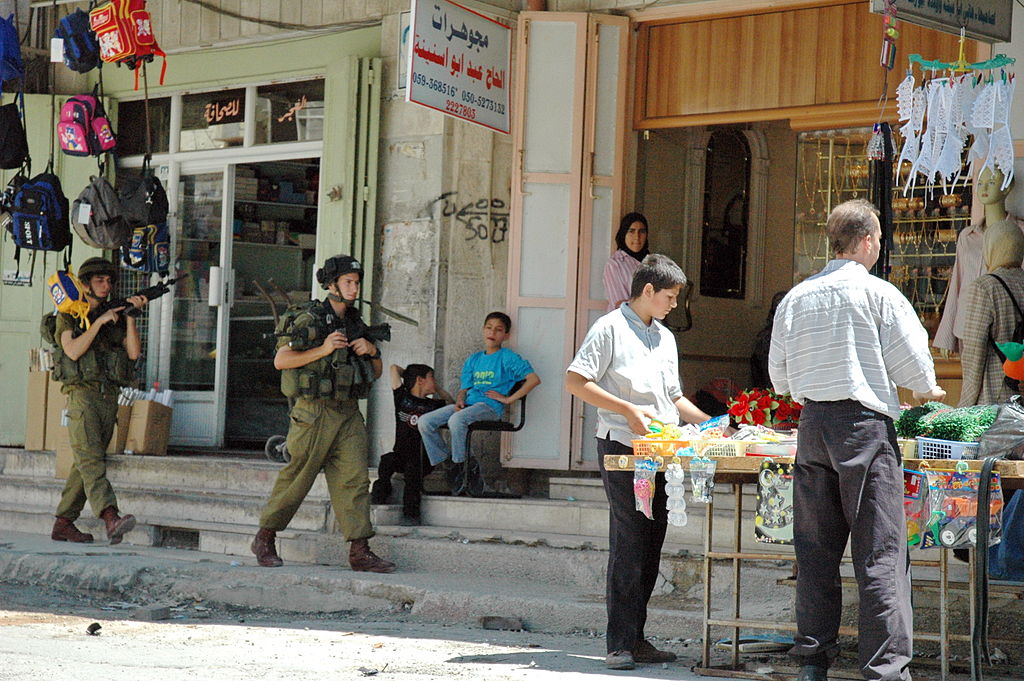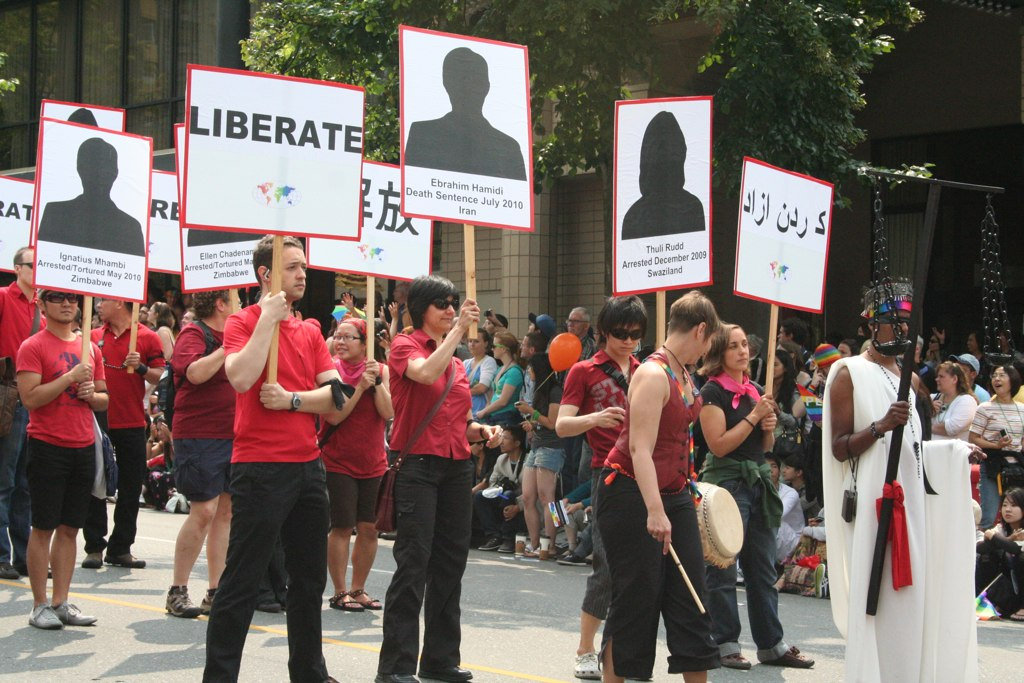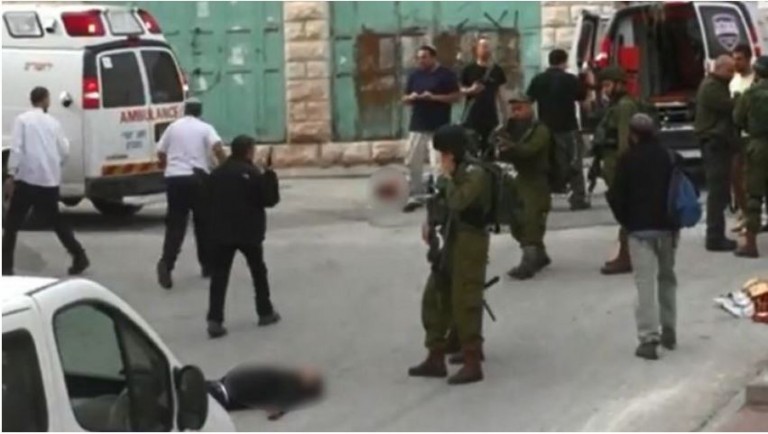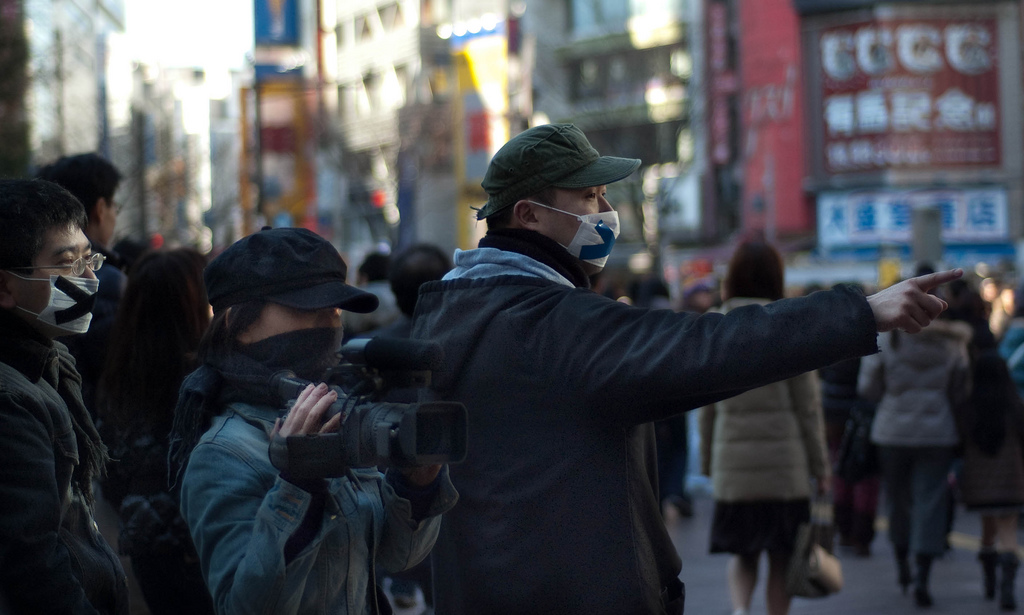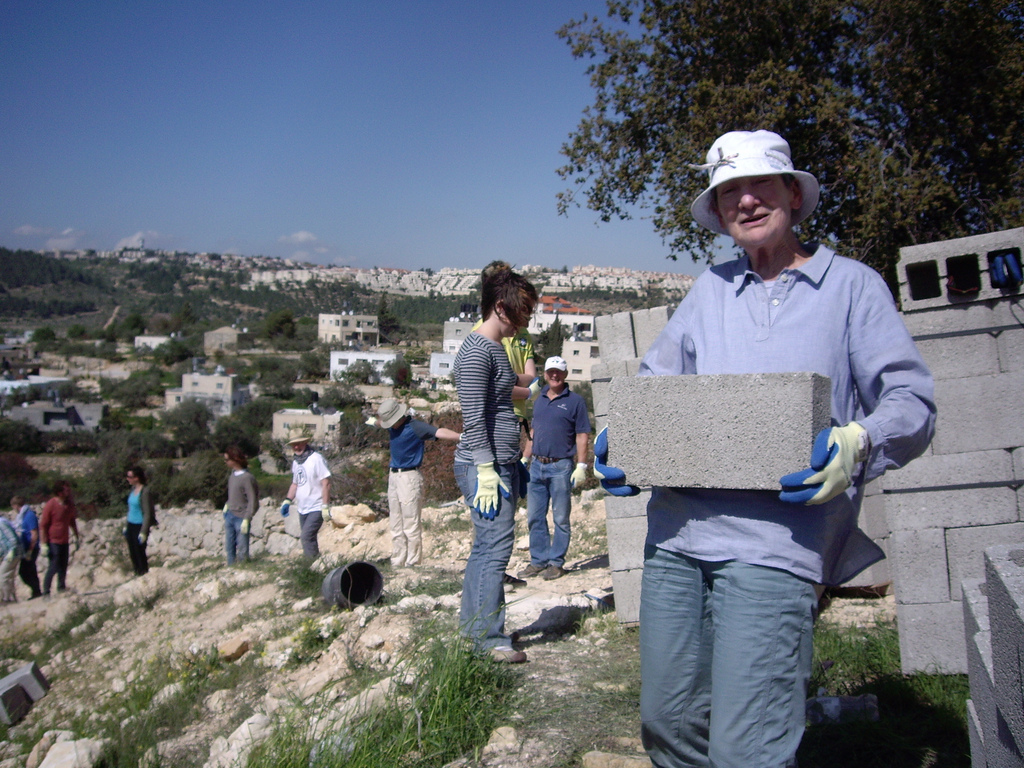Goldman Sachs is a financial supporter of one of Israel’s most violent, racist illegal settlements in occupied Palestine.
Documents published last week by Haaretz, one of Israel’s most liberal mainstream newspapers, revealed that the controversial investment banking giant made an $18,000 tax-deductible donation to the Brooklyn-based Hebron Fund, via the Goldman Sachs Charitable Gift Fund.
All Israeli settlements in Palestinian territories are believed to be in violation of international law. And while settlements are known for the violent actions of their residents, Hebron in particular has achieved a reputation for settlers’ extreme actions against indigenous Palestinian residents.
“Hebron is a perpetual nightmare,” wrote Maya Haber, director of programming and strategy for Partners for Progressive Israel, in Haaretz. ”About 700 Jews live in tiny fortified urban settlements at the center of a city inhabited by 180,000 Palestinians.”
